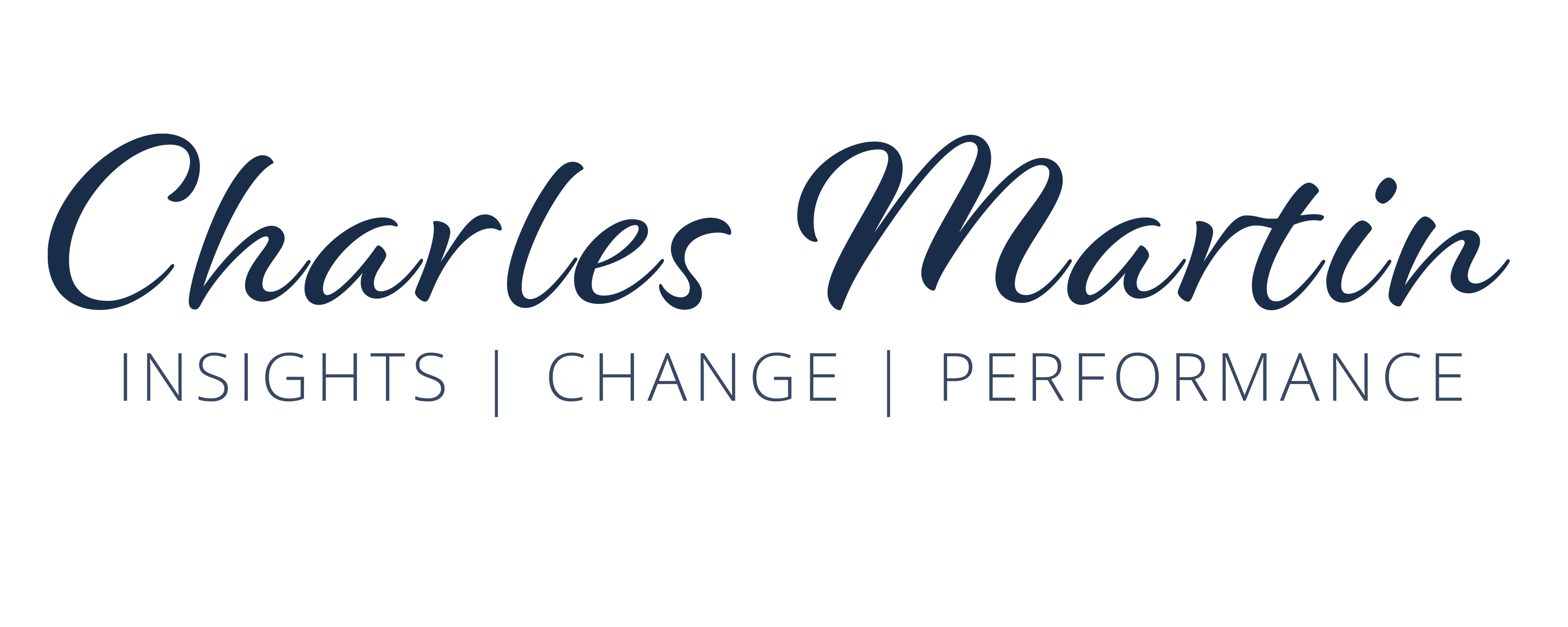Exploring Leadership Goals
Goals are one of the main tools in coaching to facilitate change and yet they are often misunderstood or used too simplistically, resulting in failure to achieve them. Goals are typically of three types, namely process (doing something), performance (reaching a standard) or outcome (achieving). They can be very effective, as they can focus attention, maintain motivation, and build confidence and ultimately drive change.
Goals can be short- or long term, and can be very specific or more abstract, ranging from SMART goals to ones more akin to personal strivings. The difficulty and level of challenge of goals should also be considered when creating them, as setting the bar too high can decrease motivation, whilst making it too easy can prove meaningless. The level of commitment to the goal will also play a key role in the outcome, which will be affected by how much it is related to intrinsic values or driven by external factors. The ‘why’ of the goals is just as, if not more, important than the mechanics of the goal setting. One school of thought, which I endorse, believes that goal setting is most effective when it is supported by mindful reflection on what matters most to the individual and the goals are linked to the ideal self.

Goals therefore need clarity, which encourages planning and a focus of attention, along with an appropriate level of difficulty and challenge to provide the motivation. So, should you just set SMART goals?
SMART goals work well with relatively simple problems in predictable environments, but these conditions may not be the ones you are currently experiencing. Simple problems in a rapidly changing environment may require performance goals that are flexible and can adapt to the more fluid context. However, complex problems in a slowly changing environment seem to require the adoption of learning goals (rather than performance goals), as predicting outcome may be too hard but a deeper understanding and appreciation of the operating context may be a more realistic outcome. Finally, complex problems in rapidly changing worlds may require less specific and more broad goals or intentions to guide action, as outcomes are hard to manage and generalisable learning hard to develop in such an environment.

The environment or system is important, and so is assessing the level of resources and support required to achieve the goal. It is good practice to reflect on your strengths and the degree of support you may require to achieve your goal and to be realistic about the undertaking. Whilst the destination is a goal in itself, the journey along the road can be both fulfilling and enriching, filled with insight and learnings. Set your goals with consideration, honesty and challenge as you look to make changes in the future.
